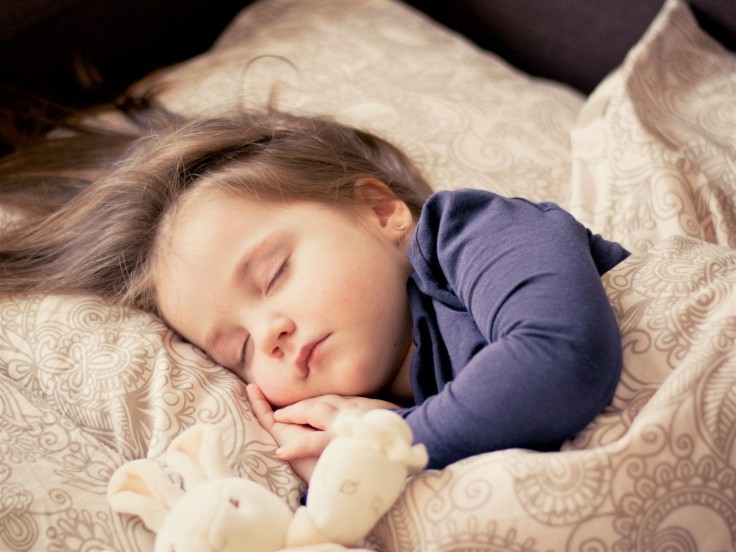
In a study conducted by the National Sleep Foundation, it was observed by researchers that most kids do not sleep as much as their parents think they do. It was also seen that there is a big impact on kids' development if they lack 30 to 60 minutes of sleep.
What's more alarming is that, parents sometimes have a hard time determining whether their child slept enough or not.
To remedy this, the American Academy of Sleep Medicine (AASM) has provided guidelines that could be helpful in tracking if a child is having enough sleep or not. In the guidelines, it is stated that:
- infants (4 to 12 months) should have 12 to 16 hours of sleep including the naps;
- toddlers (1 to 2 years old) need 11 to 14 hours of sleep including naps;
- preschoolers (3 to 5 years old) should sleep for 10 to 13 hours including naps;
- grade-schoolers (6 to 12 years old) should have 9 to 12 hours of sleep, and
- teens who are 13 to 19 years old need 8 to 10 hours of sleep.
As seen in the guidelines, as kids get older, they are required to spend lesser time sleeping.
But it must also be noted that when kids do not have good sleeping habits, it could drastically or slowly affect their growth and development. Here are some of the effects of bad sleeping habits on children.
1. Lack of sleep can affect the mood of children.
According to Dr. Dean Beebe of the Cincinnati Children's Hospital Medical Center, children and adults when sleep-deprived tend to have difficulty controlling their moods. They also tend to see the negative side of the world, making them react to even the slightest events around them negatively.
2. Insufficient sleep may lead to Type 2 Diabetes.
Research shows that too little sleep is linked to gaining extra pounds of kids and later develops into Type 2 diabetes. The theory here is that the hormone levels for appetite and food intake are disrupted when there is no enough sleep. Because of that, kids tend to have bigger portions of food and have snacks more frequently.
3. Children with lesser time asleep, maybe overactive and noncompliant.
According to Dr. Jodi Mindell, the Associate Director of the Sleep Center at the CHildren's Hospital of Philadelphia, Not getting enough sleep affects every aspect of a kid's functioning and well-being. At the same time, children become more withdrawn and anxious when they are sleep-deprived.
4. Kids who do not have enough sleep may have a weaker immune system.
Sleep deprivation can cause serious health problems like hypertension, obesity, and headaches. On the other hand, those children who have enough sleep have better school performance, behavior, mental health and memory.
When parents think that their child is having sleeping problems, the best way to resolve this is to consult a pediatrician. They can assess whether a child has a sleeping problem or other conditions that may be connected to their behavior and overall health status.
There are also some tips that experts offer to help kids have better sleeping habits that parents may opt to follow before consulting an expert.